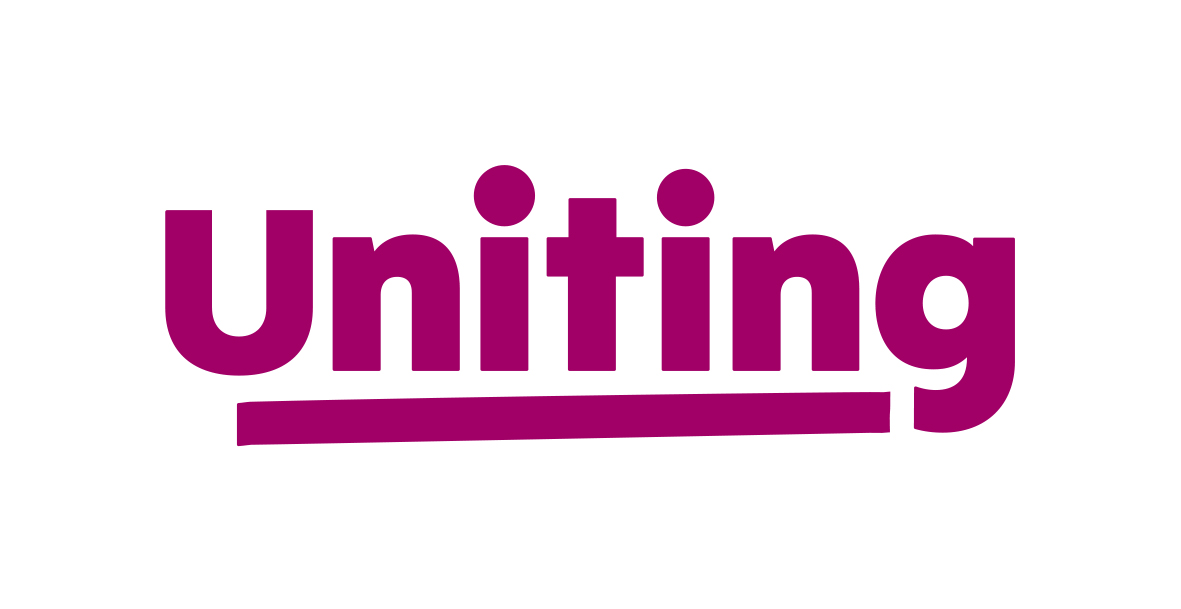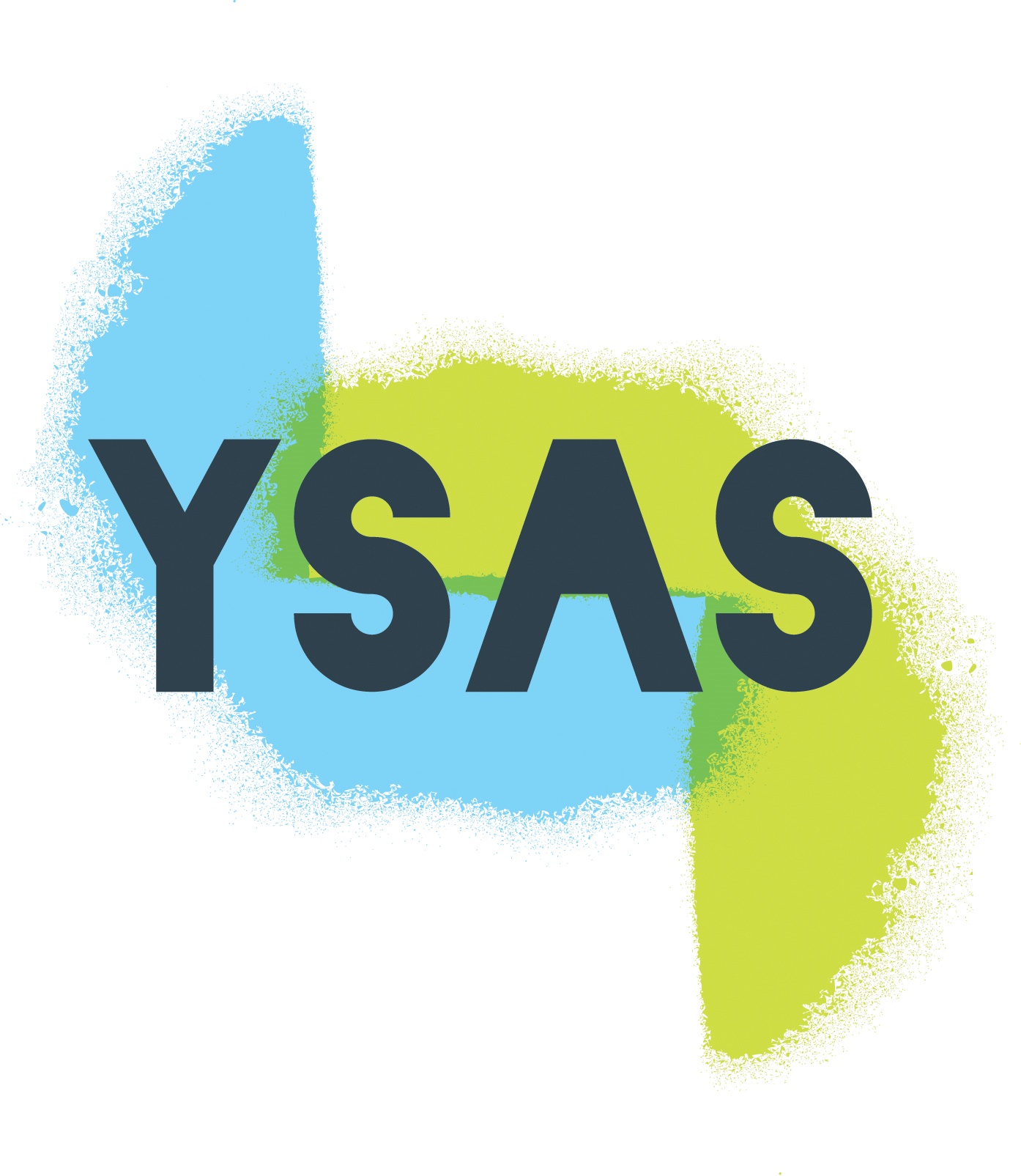In this session, we will work to break down the “crisis” nature of acute presentations, learn how to support and respond to young people and assist them in linking in with appropriate care. We will also cover safety planning, developing our crisis response skills and what programs can do to support their workers and young people in crisis situations.
Building on Mental Health 101, this session covers how to identify and respond to crisis presentations, including:
- Self-harm
- Active psychosis
- Suicidal ideation
This half-day session is designed for non-clinical youth and AOD workers.
Eligibility Criteria
This training has been funded for workers employed in a Victorian State-funded Alcohol and Other Drug (AOD) service, including Peer and LLE workers.
Who is not eligible?
Students on placement or internships, workers from other community sectors such as family violence, homelessness, mental health, and AOD workers outside of Victoria.
Please ensure you have clearance from your line manager to attend. If you cannot attend, cancel your registration and make your spot available to someone else on the waitlist.
No-shows will be charged a $50 cancellation fee.
Youth workers have a key role in the early intervention of mental health issues and in assisting clients to develop skills to improve their mental wellbeing. In this session, you will increase your knowledge of our client group’s most prevalent health issue and develop practical strategies that both you and your centre/program can implement to improve the mental health outcomes of young people.
This half-day session is designed for non-clinical youth and AOD workers.
Practical, no-jargon training on how to:
- Identify mental health issues
- Assist clients to link in with the care they need
- Support them on their journey
Eligibility Criteria
This training has been funded for workers employed in a Victorian State-funded Alcohol and Other Drug (AOD) service, including those who are new to the AOD sector or recently employed under the COVID-19 Workforce Initiative and Peer workers.
Who is not eligible?
Students on placement or internships, workers from other community sectors such as family violence, homelessness, mental health, and AOD workers outside of Victoria.
Please ensure you have clearance from your line manager to attend. If you cannot attend, cancel your registration and make your spot available to someone else on the waitlist.
No-shows will be charged a $50 cancellation fee.
Youth workers have a key role in the early intervention of mental health issues and assisting clients to develop skills to improve their mental wellbeing. In this session, you will increase your knowledge of our client group’s most prevalent health issue and develop practical strategies that both you and your centre/program can implement to improve the mental health outcomes of young people.
This half-day session is designed for non-clinical youth and AOD workers.
Want practical, no-jargon training on how to:
- Identify mental health issues
- Assist clients to link in with the care they need
- Support them on their journey
Then this is for you!
Eligibility Criteria
This training has been funded for workers employed in a Victorian State-funded Alcohol and Other Drug (AOD) service, including those who are new to the AOD sector or recently employed under the COVID-19 Workforce Initiative and Peer workers.
Who is not eligible?
Students on placement or internships, workers from other community sectors such as Family Violence, Homelessness and Mental Health and AOD workers outside of Victoria.
Please ensure you have clearance to attend from your line manager. If you cannot attend, even if you find out the day before, please cancel your registration and make your spot available to someone else on the waiting list.
This 1-day symposium is for anyone supporting women with substance use issues.
Women’s experiences with substance use and support services are often shaped by distinct factors, such as societal expectations and caregiving roles amongst others. These factors can influence their reasons for using substances, create unique barriers to seeking help, and affect their recovery journey. Additionally, women often encounter systemic barriers that can disadvantage them in accessing treatment and support.
This event aims to deepen your understanding of these specific needs, helping you to provide more effective and responsive support. You will have the opportunity to engage with leading experts, hear from women with lived and living experiences, and participate in an interactive workshop that offers practical strategies for improving your practice and support services.
Key Focus Areas:
👉 Women’s experiences navigating AOD support, services and treatment
👉 Gender-responsive practices and approaches
👉 Integrating research and lived experience
IMPORTANT: registrations for training will become live approximately two months prior to start of training. To enrol in this or any training, you must click the link below and fill in the registration. If you do not complete the registration, you will not have a place in the training. If you experience a broken link, please get in touch with us at elevate@vaada.org.au
****
Learning outcomes:
- Common mental health issues with young people attending AOD services
- Youth AOD services responsibilities and management of mental health issues
- Useful concepts and strategies to promote better mental health with young people
- Assessment of vulnerability to self-injury
- What to do when confronted with a person in the process of self-harming.





